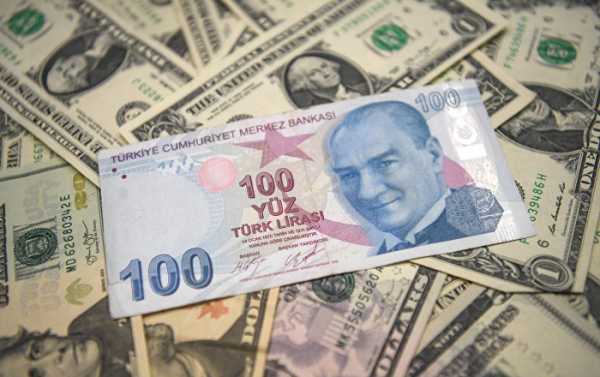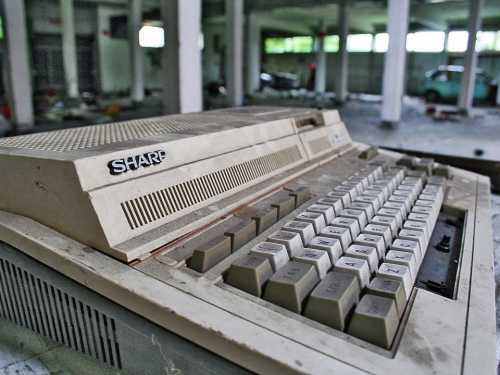
Turkey’s Treasury and Finance Ministry has blasted a recent downgrade in the nation’s sovereign credit rating by Moody’s, saying the move is unfair and might make it harder for the country to re-emerge from last year’s currency crash.
Kristian Rouz – Top Turkish officials are criticising the decision by international credit rating agency Moody’s to cut its sovereign rating deeper into the “junk” territory. Ankara claims the agency’s view of the Turkish economy lacks objectivity and doesn’t take into account the long-term stability of its economy, although a currency crisis continues to ravage Turkey’s financial sector.
In a statement this weekend, Turkey’s Treasury and Finance Ministry said Moody’s rating downgrade “raises questions” and doesn’t fall in line with the government’s assessment of the state of the Turkish economy. Officials stressed Turkey remains committed to the principles of a free market economy, highlighting their ongoing effort to stabilise the near-term economic outlook.
“The decision does not conform with the Turkish economy’s fundamental indicators and thus creates question marks about the objectivity and impartiality of the institution’s analyses”, Turkish officials said.
The statement comes after Moody’s trimmed Turkey’s sovereign bond rating to B1 from Ba3 Friday. Experts said Turkey is facing a possible balance-of-payments crisis due to its rapidly rising debt and quickly depleting reserves.
The latter issue stems from Ankara’s efforts to support its currency’s FX rate, which has been under pressure since a steep devaluation last summer.
“Foreign exchange reserve buffers are weak and Moody’s expects them to weaken further over the next two years relative to economy-wide short-term liabilities”, Moody’s analysts said.
Moody’s downgrade is expected to add to investor worries over the future of Turkey’s economy as the nation is facing mounting political turmoil at home and is heavily involved in the ongoing Syrian conflict abroad.
Some economists say a foreign war and political tensions with the US, as well as higher Federal Reserve borrowing costs, could impair the medium-term outlook on the Turkish economy.
However, Turkey’s Treasury and Finance Ministry said there are other countries in the world with a better credit rating assigned by Moody’s, despite those countries’ finances being in much worse condition.
“Moody’s has given some developing countries higher ratings which have debts much steeper than ours”, the ministry said.
Turkish officials said Moody’s decision might be lacking objectivity, stopping short of alleging political motives behind the downgrade.
The ministry also said Moody’s shouldn’t have been worried over a steep devaluation of its currency.
“Since 2003, Turkey’s main economic policy has been to follow free-market principles”, officials said, adding that Turkey would “never abandon” its floating currency regime, along with the freedom of capital flows, and its support for the private sector.
Moody’s downgrade comes just ahead of crucial elections for the mayor of Istanbul, slated for 23 June. Some observers point out the rating cut could add to the downward pressure of the Turkish currency and fuel public disapproval of the Turkish government across the country.
Turkish officials emphasised the measures taken to improve economic stability in the near-term – such as supporting the banking system with cash injections. The finance ministry stressed Moody’s has overlooked its successful efforts to recapitalise state-owned banks, ca rackdown on inflation, as well as the ongoing increase in tourism revenues.
Yet, Moody’s remains unimpressed, saying the government’s policies could impair long-term recovery and growth targets.
Sourse: sputniknews.com






